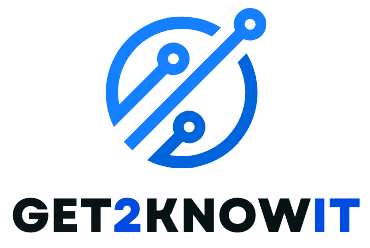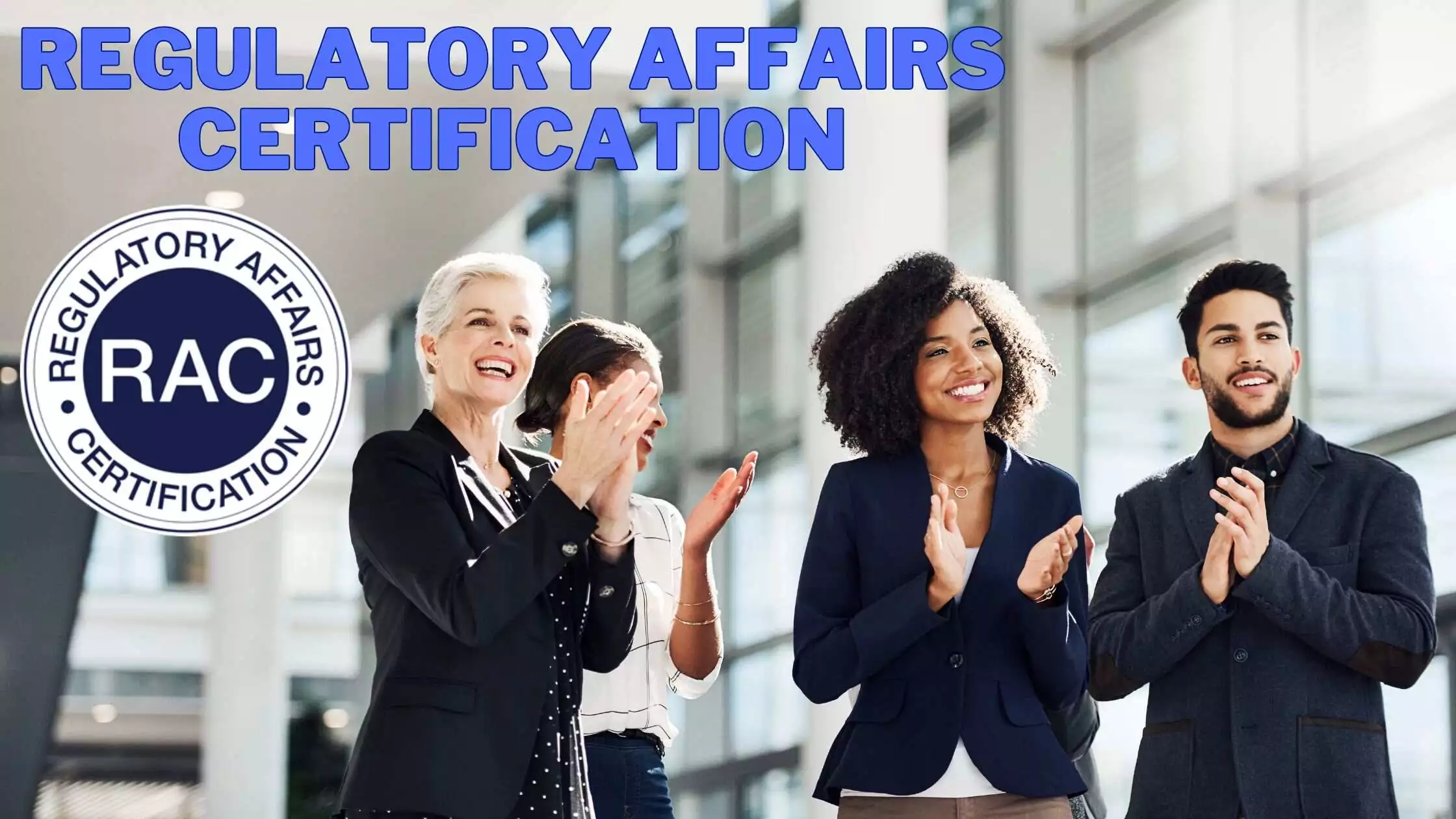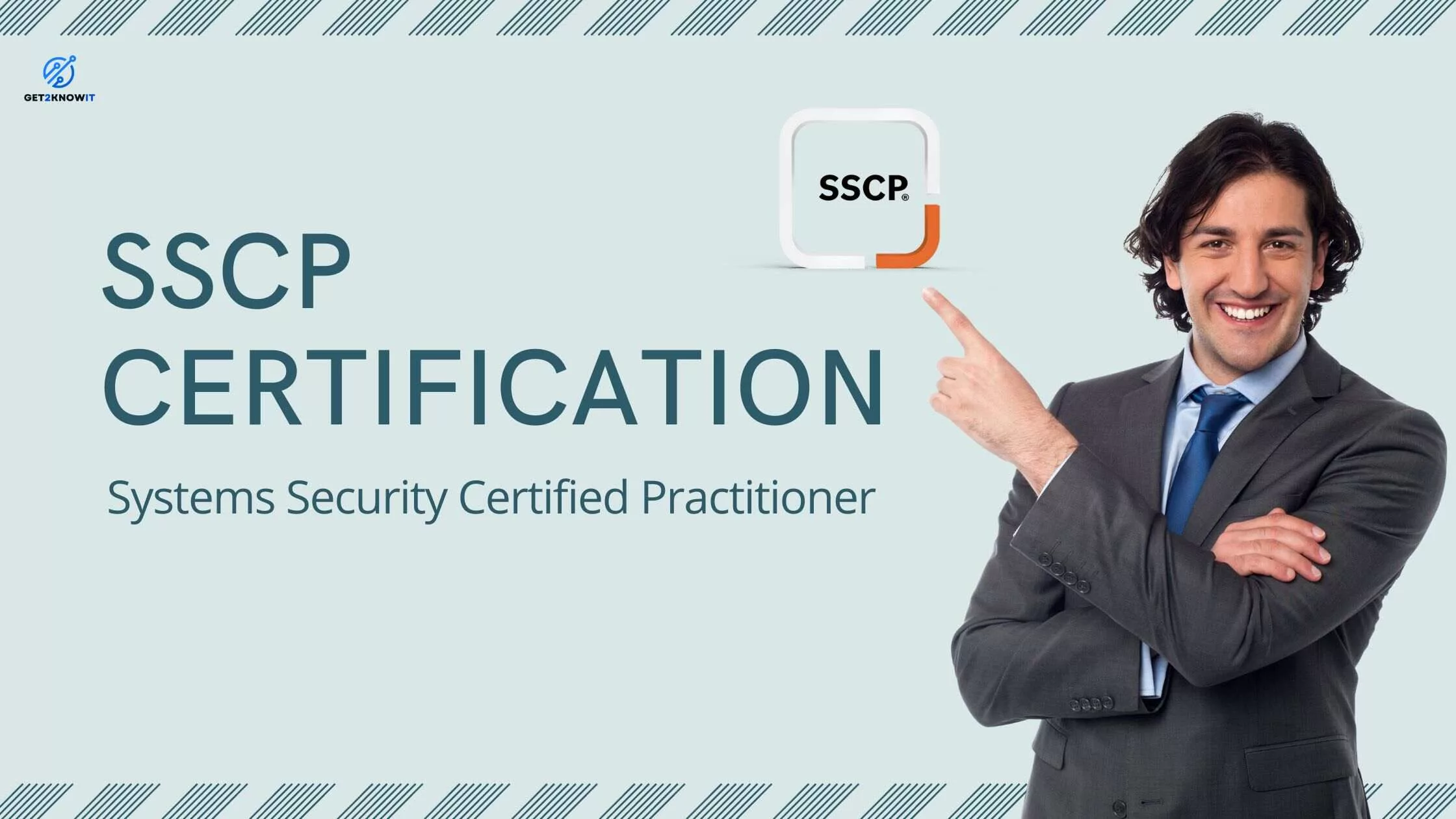Regulatory Affairs Certification (RAC) stands as the foremost credential for professionals in the healthcare sector dedicated to regulatory affairs. This certification, offered by the Regulatory Affairs Professionals Society (RAPS), plays a pivotal role in shaping leaders in regulatory excellence. The RAC program signifies a commitment to excellence, a pursuit of knowledge, and a pathway to career advancement in the dynamic field of regulatory affairs. With two designations available, the RAC certification emphasizes continuous learning, professional development, and regulatory expertise.
Evolution of RAC Certification
The Regulatory Affairs Certification (RAC) program has evolved significantly since its establishment in 1991, becoming a cornerstone in shaping regulatory standards within the healthcare product industry.
- Historical Background: The RAC program, initiated in 1991, is a voluntary certification that recognizes individuals possessing comprehensive knowledge and skills in regulatory affairs. Over the years, it has grown to become the sole post-academic credential for regulatory professionals in the healthcare sector.
- Significance in Shaping Regulatory Standards: RAC Certification plays a pivotal role in shaping regulatory standards by highlighting professionals’ accomplishments in regulatory affairs and encouraging ongoing professional development through recertification. This ensures that certified individuals remain at the forefront of evolving regulations, contributing to the industry’s compliance and excellence.
- Regulatory intelligence: A significant component of the RAC program, has gained prominence in the global considerations for product development, clinical trials, and regulatory compliance. The certification process assesses candidates’ expertise, validating their ability to navigate complex regulatory landscapes
The evolution of RAC Certification reflects its adaptability to industry changes, emphasizing the crucial role it plays in shaping professionals who are instrumental in maintaining and advancing regulatory standards.
Eligibility Criteria
The Regulatory Affairs Certification (RAC) program, administered by the Regulatory Affairs Professionals Society (RAPS), has specific eligibility criteria for candidates seeking this prestigious certification.
- Professional Experience: Candidates typically need a minimum level of professional experience in regulatory affairs to be eligible for the RAC Certification. The program values hands-on experience, recognizing individuals who have practical knowledge and skills in navigating regulatory challenges within the healthcare product industry.
- Educational Qualifications: Educational background is often a key factor in eligibility. Candidates may need to have a relevant academic degree in fields such as life sciences, pharmacy, medicine, or a related discipline. The combination of education and experience demonstrates a comprehensive understanding of the industry.
- Industry-Specific Requirements: The RAC Certification may have industry-specific requirements, considering the diverse regulatory landscape across healthcare sectors.
- Adherence to Professional Standards: Candidates pursuing RAC Certification must uphold professional standards and ethical considerations in regulatory affairs. The certification emphasizes a commitment to maintaining the highest levels of integrity and compliance within the regulatory profession.
- Examination: Successful completion of the RAC examination is a critical component of the certification process. The examination assesses candidates on their understanding of regulatory processes, laws, and industry best practices.
Prospective candidates are encouraged to review the specific eligibility requirements outlined by RAPS for the RAC Certification, ensuring they meet the necessary criteria before embarking on the certification journey.
RAC Certification Process
Certification Process:
- Decision and Goal Setting:
- The first step is deciding to take the RAC examination, requiring a clear goal for undertaking this professional certification.
- Application:
- Candidates initiate the process by submitting their applications. The application may involve providing details about professional experience, education, and adherence to industry standards.
Examination Details:
- Examination Preparation:
- The RAC exams are known for their challenge, necessitating a well-structured study plan based on individual knowledge, experience, and preferences.
- Comprehensive Study Materials:
- Begin exam preparation by gathering comprehensive study materials covering all relevant topics. Textbooks and industry resources are valuable tools for preparation.
- YouTube Resources:
- Utilize online resources such as YouTube for additional insights and preparation strategies. Video content can offer a dynamic and visual approach to understanding key concepts.
Preparation Strategies:
- Set a Study Plan:
- Schedule a daily study plan. Consistency is key in preparing for the RAC exam.
- Learn from Others’ Experiences:
- Leverage insights from professionals who have shared their RAC exam experiences. Platforms like LinkedIn provide a forum for individuals to share valuable tips and advice.
The RAC Certification process involves careful consideration, thorough preparation, and a commitment to excellence in regulatory affairs.
Different Types of RAC Certifications
The Regulatory Affairs Certification (RAC) program offers different types of certifications, each focusing on specific specializations within the healthcare product industry.
RAC Designations:
- The RAC program provides two main designations: Regulatory Affairs Certification (RAC) and RAC for Medical Devices. These designations cater to professionals in different sectors, emphasizing the unique regulatory challenges within pharmaceuticals, biotechnology, and medical devices.
Focus Areas and Specializations:
- RAC certifications cover a broad spectrum of regulatory affairs, including but not limited to biologics, biotechnology, in vitro devices, pharmaceuticals, and medical devices. These certifications address distinct focus areas, allowing professionals to specialize based on their expertise and career interests.
Biologics and Biotechnology:
- The RAC certification encompasses biologics and biotechnology, emphasizing the regulatory aspects related to these innovative and complex therapeutic areas.
Medical Devices:
- The RAC for Medical Devices is tailored for professionals involved in the regulatory affairs of medical devices. This specialization delves into the unique challenges and regulations governing this sector.
Comprehensive Examination Topics:
- The examination topics cover recall, application, and analysis, ensuring that certified professionals have a well-rounded understanding of regulatory processes within their chosen specialization.
These various RAC certifications provide professionals with a pathway to demonstrate expertise in specific regulatory domains, contributing to their effectiveness in navigating the evolving regulatory landscape.
Benefits of RAC Certification
The Regulatory Affairs Certification (RAC) offers a range of benefits for professionals in the healthcare sector, emphasizing regulatory proficiency and career advancement.
- Illustration of Regulatory Proficiency:
- RAC Certification serves as a testament to an individual’s comprehensive knowledge and skills in regulatory affairs, highlighting their proficiency in navigating complex regulatory landscapes.
- Professional and Personal Accomplishments:
- Holders of the RAC Certification can visibly display their achievements in regulatory affairs, offering a concrete testament to their commitment and success in the industry.
- Encouragement of Ongoing Professional Development:
- The certification encourages professionals to engage in continuous learning and development through recertification, ensuring that certified individuals stay current with evolving regulatory standards.
- Career Advancement:
- Earning the RAC Certification is a recognized mark of distinction that can significantly enhance career prospects within the healthcare product industry. It reflects a commitment to excellence and compliance, positioning individuals for advancement in their regulatory affairs careers.
- Financial and Professional Investment:
- While obtaining the RAC Certification requires an investment of time, money, and effort, the professional distinction and career benefits gained can outweigh the associated costs, making it a valuable investment in one’s future.
RAC Certification not only validates regulatory expertise but also opens doors to opportunities for growth, recognition, and sustained excellence in the dynamic field of regulatory affairs.
Challenges in Obtaining RAC Certification
- Time and Commitment:
- Challenge: Preparing for the RAC certification demands significant time and commitment, posing challenges in balancing work, family, and study commitments
- Strategy: Develop a realistic study schedule, allocate dedicated time for preparation, and communicate your commitment to family and work responsibilities.
- Exam Difficulty:
- Challenge: The RAC exams are known for their difficulty, requiring thorough knowledge and preparation.
- Strategy: Create a comprehensive study plan, focus on weak areas, utilize available resources, and consider study groups for collaborative learning.
- Work-Life Balance:
- Challenge: Achieving a balance between professional responsibilities and exam preparation can be challenging.
- Strategy: Prioritize tasks, delegate when possible, and communicate with supervisors about the importance of the certification for professional growth.
- Financial Investment:
- Challenge: Pursuing the RAC certification involves financial costs for study materials, exam fees, and potential preparatory courses.
- Strategy: Plan a budget, explore available resources, and consider the long-term career benefits and return on investment.
Resources for RAC Certification Preparation
- NCRAF Workshop: RAC Preparation
- Description: An ideal workshop for broadening understanding of FDA regulations, earning CEUs for current RAC certification, and enhancing regulatory knowledge.
- RAPS Workshop: Preparing to Take the RAC Drugs Exam
- Description: Join the regulatory community for a workshop/study session, utilizing RAPS-provided exam preparation materials to develop a comprehensive study plan.
- Oracle DB 19c: RAC, ASM, & Grid Infrastructure Admin
- Description: Oracle’s official training and certification program for Oracle Database 19c RAC. Completing the recommended training prepares individuals for the exam.
- AAPACN RAC-CT Certification Program
- Description: Offers live workshops and online courses with PDF materials, providing education and certification in the MDS/RAI process.
RAC Certification Cost
The fee for the Regulatory Affairs Certification (RAC) fluctuates based on RAPS membership. Currently, exam registration costs range from $400 to $600. RAPS members usually enjoy a reduced rate compared to non-members. Aspiring RAC candidates should factor in this fee, along with application deadlines and additional charges, in their overall investment for certification.
Future Outlook of RAC Certification
The future of Regulatory Affairs Certification (RAC) appears promising, playing a pivotal role in shaping regulatory excellence within the healthcare sector. As industries evolve, the demand for skilled regulatory professionals continues to rise, making RAC certification an invaluable asset for individuals aspiring to excel in regulatory affairs. The program’s commitment to excellence, continuous learning, and career advancement aligns with the dynamic nature of regulatory standards. With ongoing accreditation and recognition, RAC certification is expected to remain a key credential, fostering the development of regulatory leaders who contribute to the ever-changing landscape of healthcare regulations.




